Finding the perfect canine companion can be a joyous experience, but for many, the prospect of dealing with excessive dog hair can be a major deterrent. If you dream of a small dog that can comfortably curl up on your lap without leaving a trail of fur, you’re in luck! This guide explores a variety of small lap dog breeds known for their minimal to non-existent shedding, helping you discover the ideal furry friend to join your family. From breeds that hardly shed at all to those with a very light coat, we’ll help you navigate the options.
toy breed dogs for sale near me
Understanding Shedding in Dogs
Before diving into specific breeds, it’s important to understand that “non-shedding” is often a relative term in the canine world. Most dogs shed to some extent. However, certain breeds are genetically predisposed to shed significantly less than others. These dogs often have hair that grows continuously, similar to human hair, rather than a dense undercoat that is shed seasonally. This type of coat requires regular grooming to prevent matting and maintain coat health.
Popular Small Lap Dog Breeds That Don’t Shed (or Shed Minimally)
Here’s a curated list of small dog breeds that are excellent choices for allergy sufferers and those who wish to minimize their exposure to dog hair. We’ll delve into their characteristics, grooming needs, and overall suitability as lap dogs.
Affenpinscher
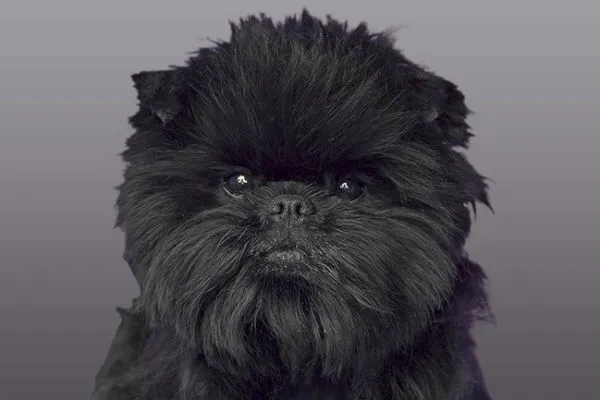 Affenpinscher dog
Affenpinscher dog
The Affenpinscher, translating to “monkey-like terrier,” lives up to its name with its intelligent and spirited personality. Despite its compact size, this fearless breed makes a watchful companion, offering a sense of security. Their wiry coat sheds very little and is also known for its minimal odor. A twice-weekly brushing with a slicker brush and comb is usually sufficient to keep their shaggy yet neat appearance. Known for their humorous nature, Affenpinschers are a low-maintenance choice for those seeking a small, engaging dog.
Basenji
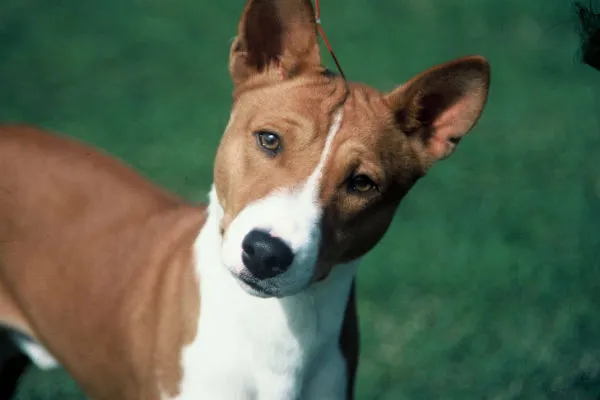 Basenji dog
Basenji dog
For those drawn to hounds but wary of their typical shedding and odor, the Basenji presents an attractive option. These dogs shed minimally, and their short, fine coat requires little more than occasional brushing. Basenjis are also renowned for their quiet disposition, making them well-suited for apartment living, provided they receive adequate daily exercise and playtime.
Bichon Frise
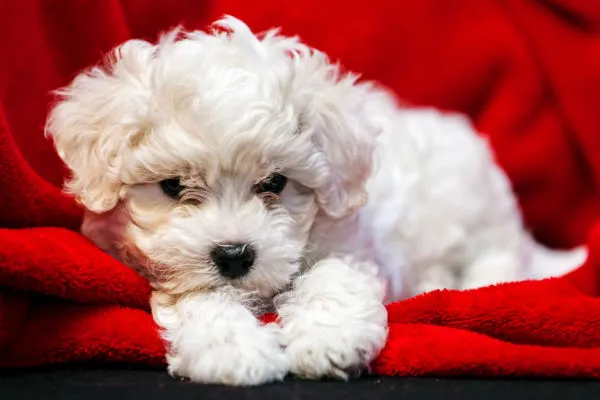 Bichon Frise dog
Bichon Frise dog
The Bichon Frise is a quintessential non-shedding small dog breed, making them an ideal choice for individuals with allergies. These playful and affectionate dogs are known for their cheerful personalities. However, their coat, which grows continuously, demands regular grooming and frequent brushing to maintain their signature “powder-puff” look.
Bolognese
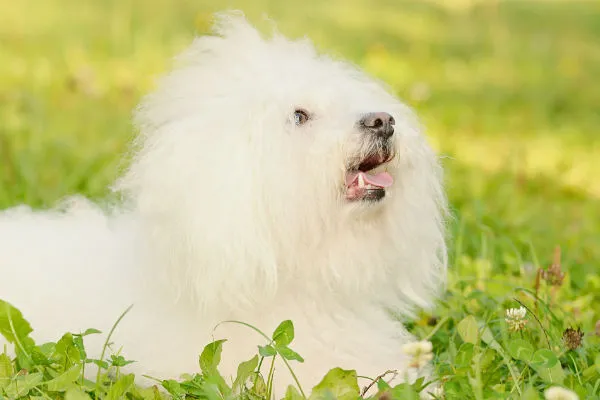 Bolognese dog
Bolognese dog
Similar to the Bichon Frise, the Bolognese sports a distinctive fluffy coat composed of hair rather than fur. These dogs do not shed, though dead hair needs to be brushed out regularly. Daily grooming is essential to keep these charming lap dogs looking their best.
Brussels Griffon
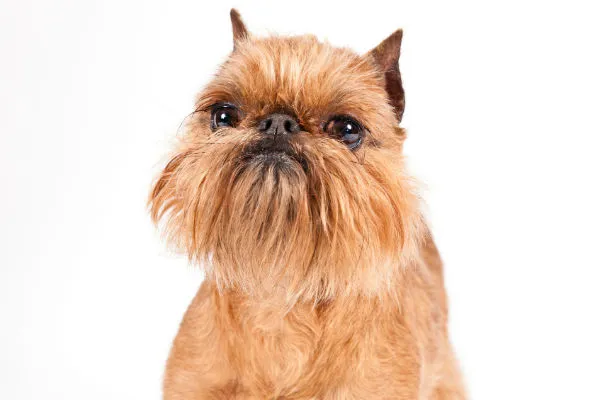 Brussels Griffon dog
Brussels Griffon dog
Despite their small stature, Brussels Griffons are robust dogs that don’t shy away from activity. Available in both smooth-coated and rough-coated varieties, they require regular grooming and are minimal shedders. Their exercise needs can typically be met with a daily walk and indoor play. This loyal breed thrives in households where their owners are frequently present.
Chinese Crested
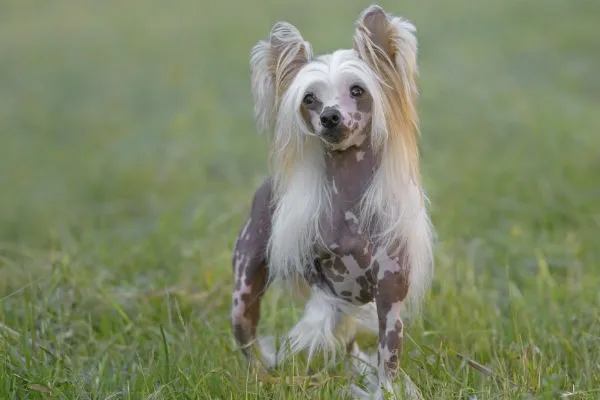 Chinese Crested dog
Chinese Crested dog
One effective strategy to avoid shedding is to opt for a hairless breed, and the Chinese Crested fits this description. They come in two types: hairless, with hair only on their head, tail, and feet, and powderpuff, which has a fine, soft coat that sheds very minimally. Hairless varieties require extra skin care, including protection from the sun and cold, as they are more susceptible to skin irritations.
Coton de Tulear
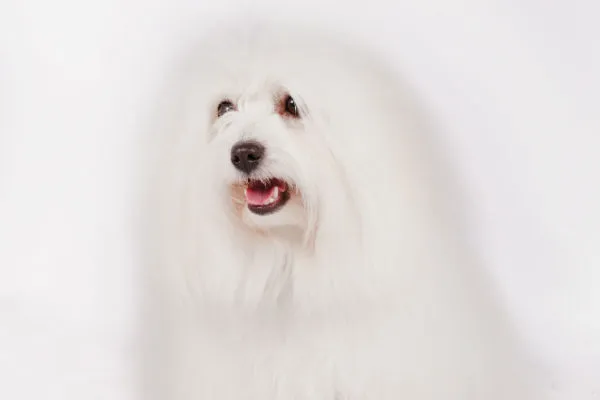 Coton de Tulear dog
Coton de Tulear dog
The Coton de Tulear boasts a distinctive, long, fluffy coat that is often considered hypoallergenic, making them a great option for allergy sufferers. While they don’t shed much, their coats require daily grooming to prevent tangles and matting. Their lighthearted and gentle nature makes the grooming effort well worth it.
Havanese
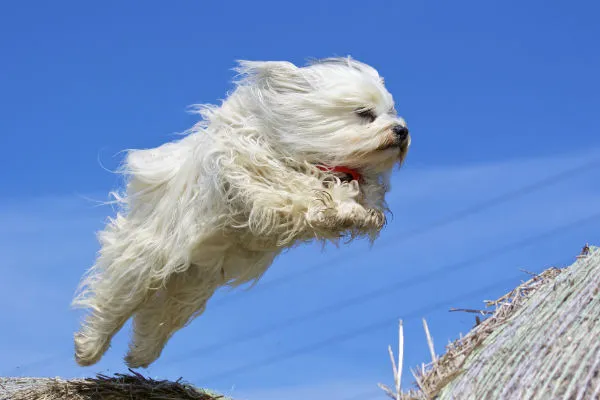 Havanese dog
Havanese dog
These vibrant Cuban natives offer a charming personality and a coat that sheds very little, meaning less time spent cleaning up fur and more time enjoying playful moments with your Havanese. Their coat requires weekly brushing and regular baths to stay clean and healthy.
Maltese
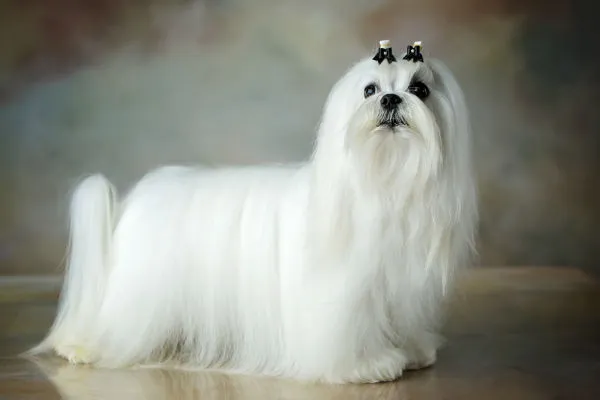 Maltese dog
Maltese dog
With a history stretching back three millennia, the Maltese has captivated humans for centuries. Their long, white coats shed very little, making them an ideal lap dog. Regular brushing is crucial to prevent matting, and occasional baths help keep their silky hair clean and free of debris.
Lhasa Apso
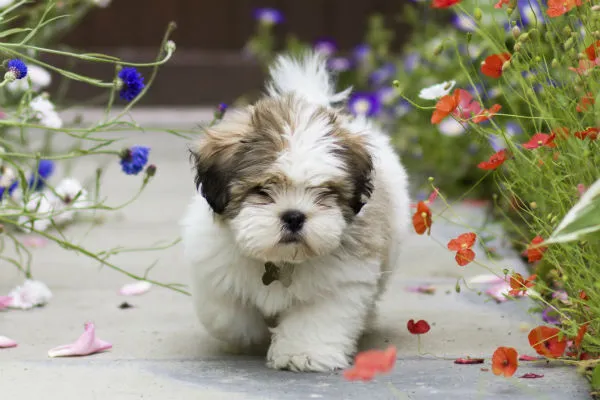 Lhasa Apso dog
Lhasa Apso dog
Originating from Tibet, the Lhasa Apso is an excellent companion dog. They are calm yet playful, enjoying brisk walks and relaxing on their owner’s lap. Lhasa Apsos do not shed, but their coats do require maintenance. Many owners opt for a “puppy cut” to simplify grooming and avoid the daily upkeep of their long hair.
Miniature Schnauzer
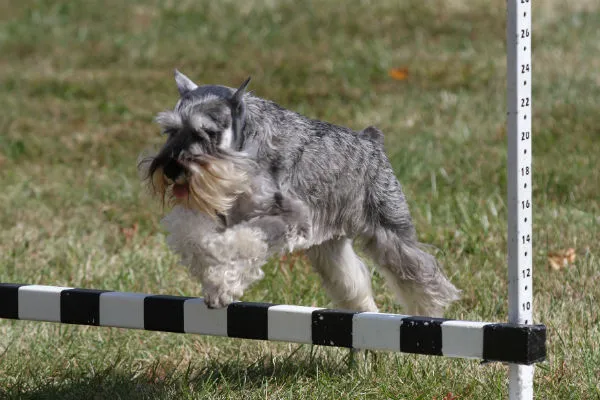 Miniature Schnauzer dog
Miniature Schnauzer dog
The Miniature Schnauzer is an intelligent, trainable, and cheerful breed that closely resembles its larger Standard Schnauzer relatives. This Terrier sheds very little, and their adaptable nature allows them to thrive in both urban and rural settings, as long as they are with their families. Weekly brushing and regular professional grooming are recommended to maintain their best appearance.
Poodle
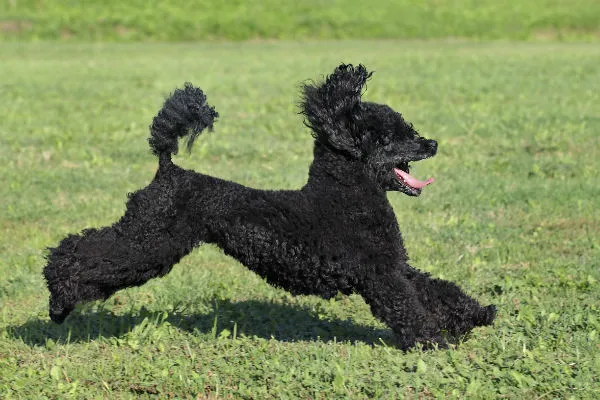 Poodle dog
Poodle dog
When discussing small, non-shedding dogs, the Poodle is often at the forefront. Poodles are renowned for being non-shedding and hypoallergenic. Miniature and Toy Poodles offer these sought-after qualities in compact, intelligent packages. All Poodles are highly intelligent and easy to train, exhibiting an active and proud demeanor. Their unique hair requires consistent grooming.
Scottish Terrier
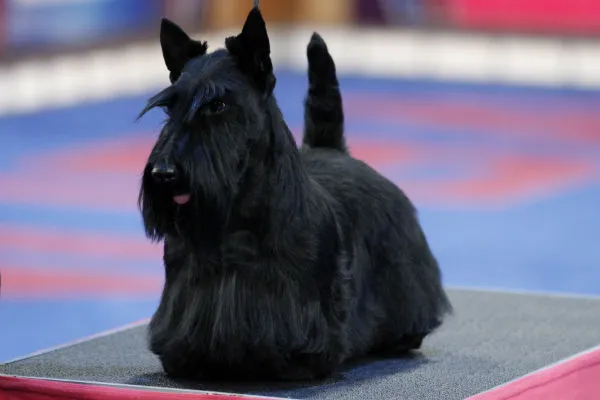 Scottish Terrier dog
Scottish Terrier dog
The Scottish Terrier, or Scottie, is a bold, confident, and distinctive Terrier breed. Their wiry, weather-resistant coat sheds minimally, though they do require regular brushing, grooming, and occasional hand-stripping to maintain coat health and breed standard. Scotties are intelligent and independent with a strong prey drive, so caution is advised around smaller animals.
Shih Tzu
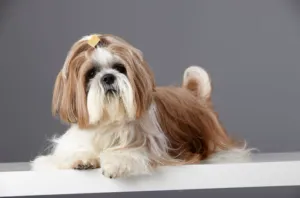 Shih Tzu dog
Shih Tzu dog
The Shih Tzu boasts a long and regal history, having been favored pets of Chinese royalty. These “little lion dogs” come in a variety of colors and patterns. Their long, silky hair is very low-shedding and looks magnificent when brushed, befitting their aristocratic lineage. This Toy breed is sturdy and lively, known for its proud carriage and trusting, gentle nature, making them exceptional companions.
West Highland White Terrier
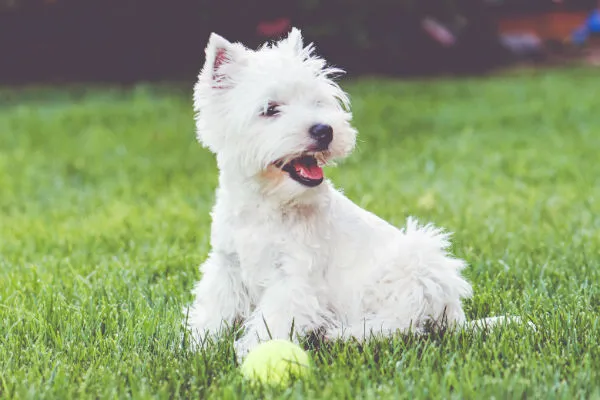 West Highland White Terrier dog
West Highland White Terrier dog
The coarse, white coat of the West Highland White Terrier, affectionately known as Westies, sheds very little. These sturdy little dogs are intelligent, loyal, happy, and highly entertaining. They possess a curious nature and moderate energy levels, with an independent streak typical of Terriers, which can sometimes present training challenges.
Xoloitzcuintli
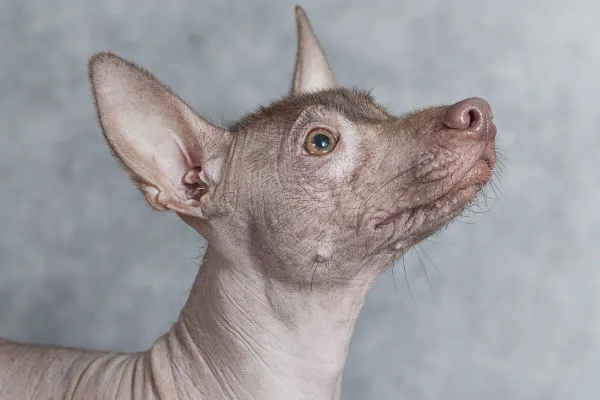 Xoloitzcuintli dog
Xoloitzcuintli dog
Also known as the Mexican Hairless, the Xoloitzcuintli is an ancient and rare breed that can be either hairless or coated. The hairless variety has minimal hair on its head, while the coated variety has a very short, fine coat that sheds minimally. Like other hairless breeds, Xolos require extra skin care to protect them from environmental elements. They make attentive watchdogs and affectionate companions, known for their tranquil presence at home, despite enjoying physical activities.
Yorkshire Terrier
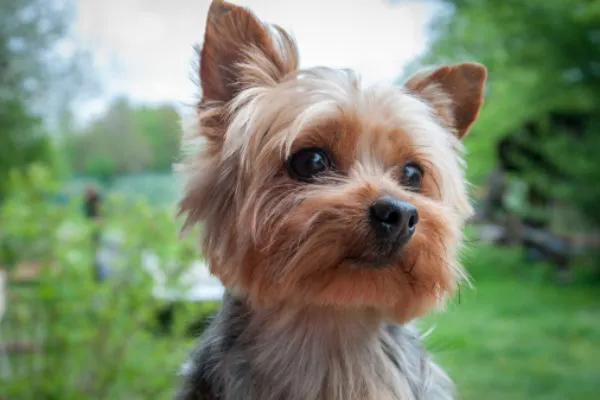 Yorkshire Terrier dog
Yorkshire Terrier dog
Sprightly, affectionate, and full of personality, the Yorkshire Terrier, or Yorkie, is a beloved Toy breed. These spunky lap dogs are exceptionally popular for good reason. Yorkshire Terriers do not shed, and their silky coats are beautiful when brushed daily, a task made easy by their small size. Don’t let their elegant appearance fool you; these fearless terriers once hunted vermin in textile mills and are now content to be cherished companions.
Other Notable Low-Shedding Small Breeds
The Terrier group is a rich source of small dogs that shed minimally. Breeds with wiry or coarse coats often shed less than others, making them excellent choices for those who want to avoid excessive hair.
Beyond the breeds listed above, other low-shedding terrier breeds are worth considering. When choosing a small dog that doesn’t shed, remember that “non-shedding” does not equate to “no maintenance.” Thorough research into a breed’s grooming and exercise requirements is crucial to ensure a good match for your lifestyle. Always prioritize purchasing a dog from a reliable breeder, feed a high-quality diet, and schedule regular veterinary check-ups to ensure your pet’s health and well-being.
